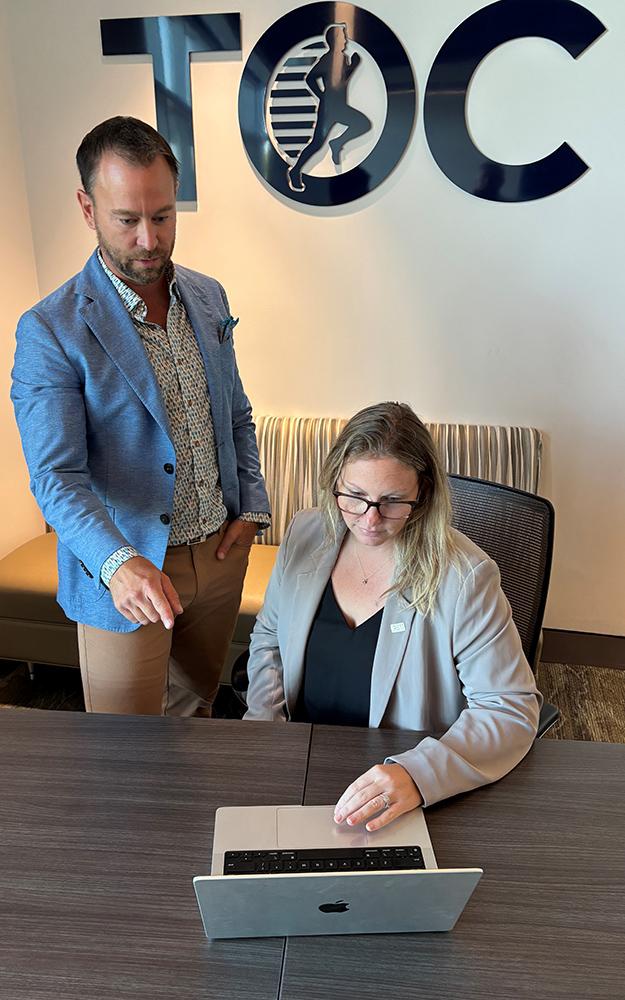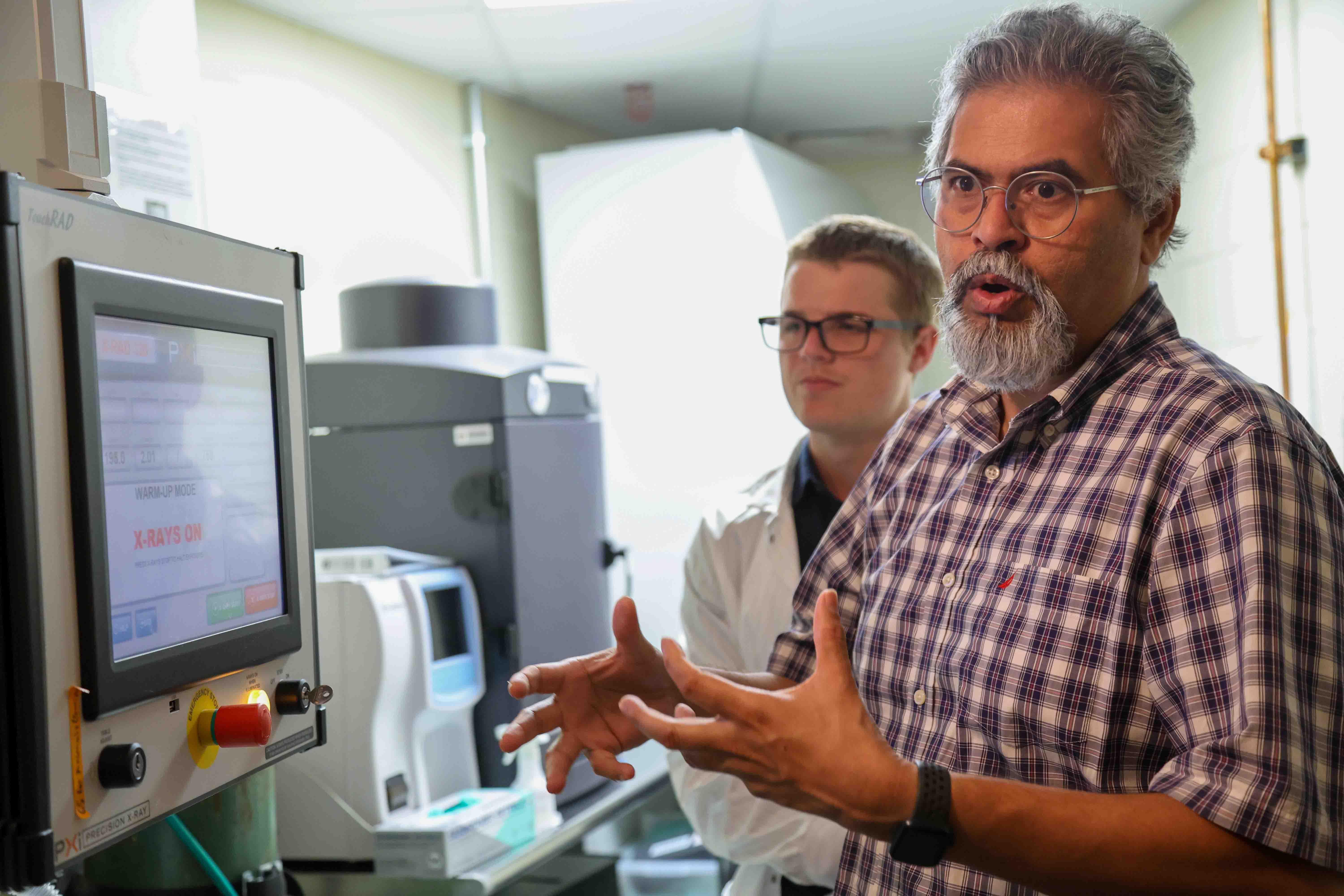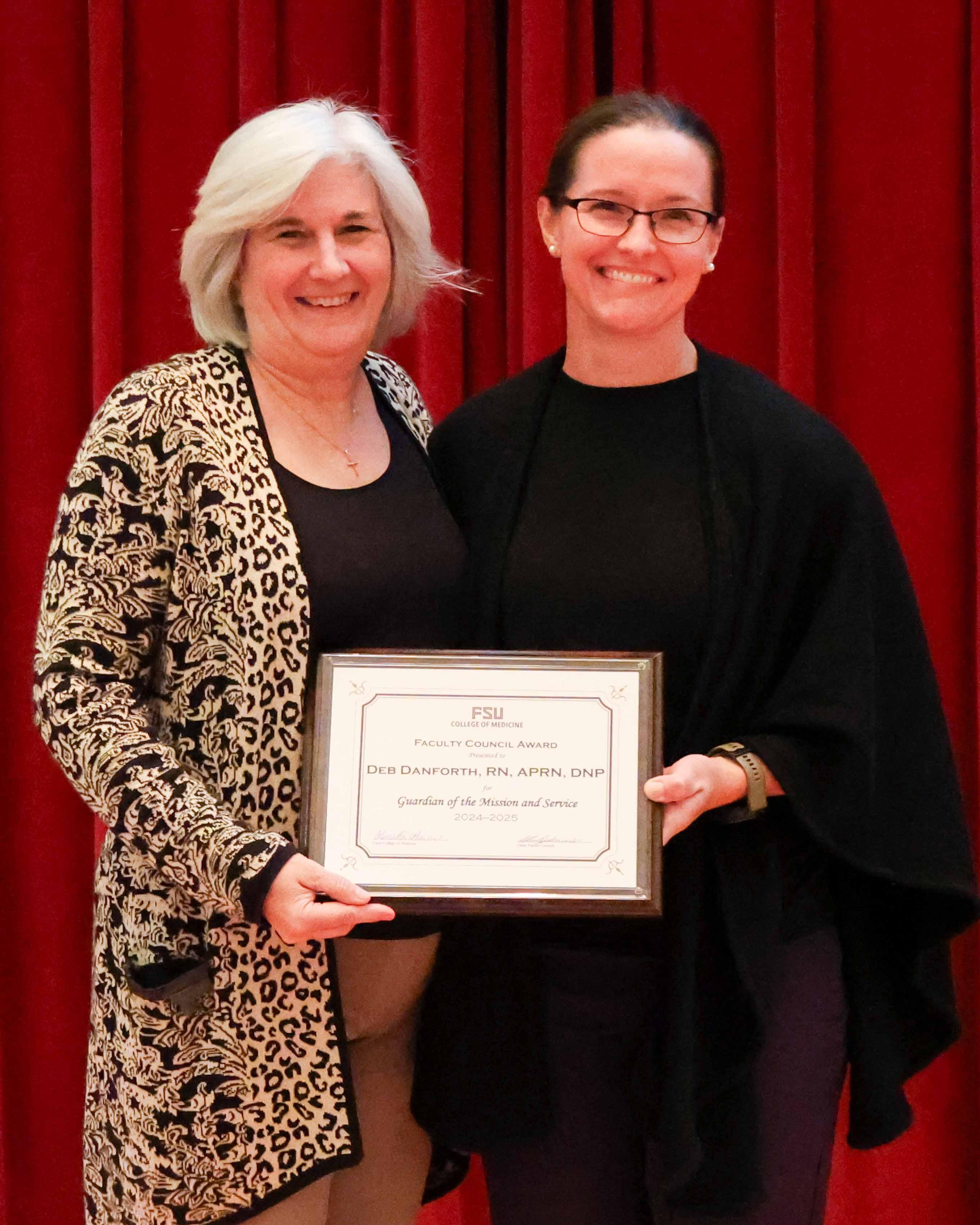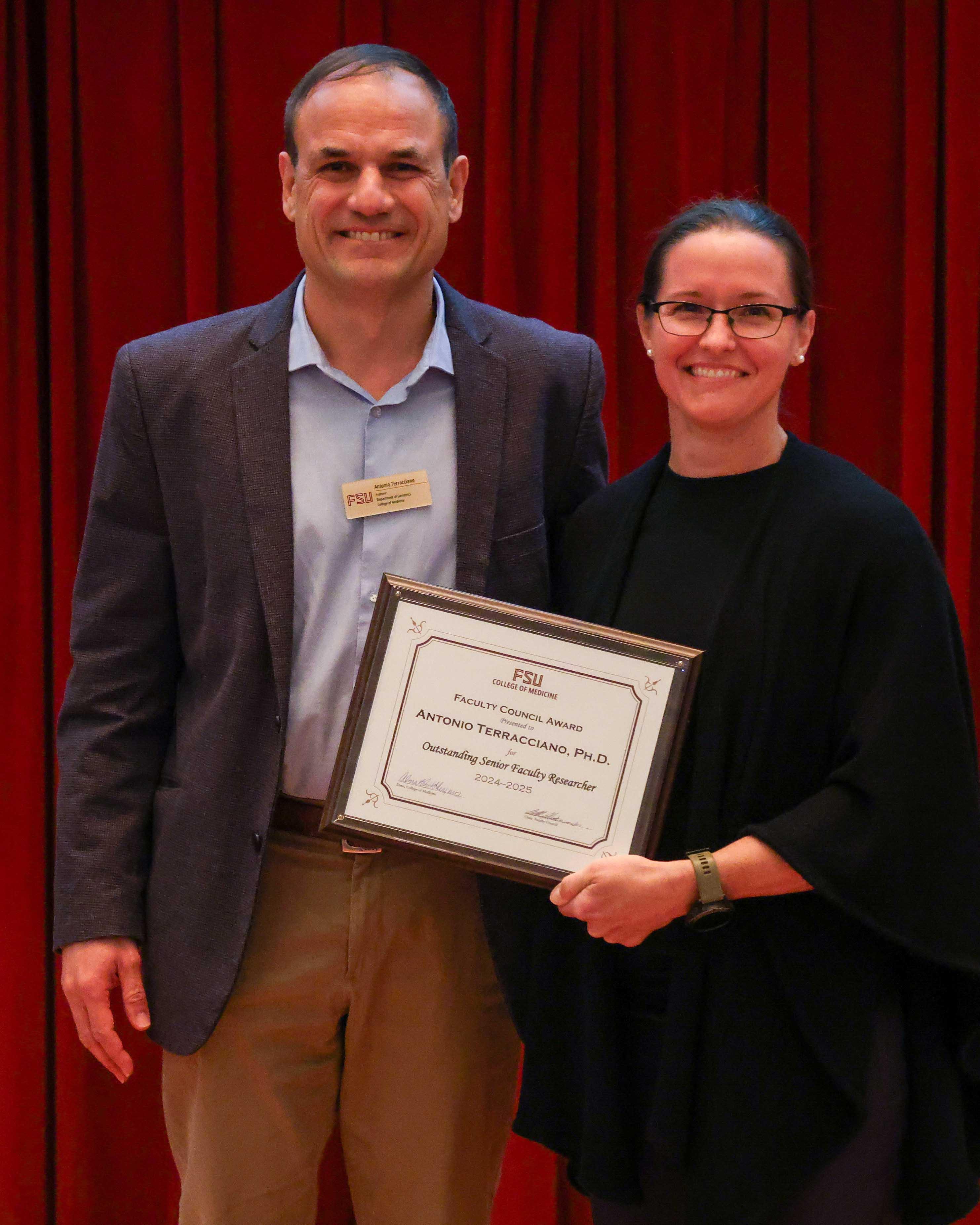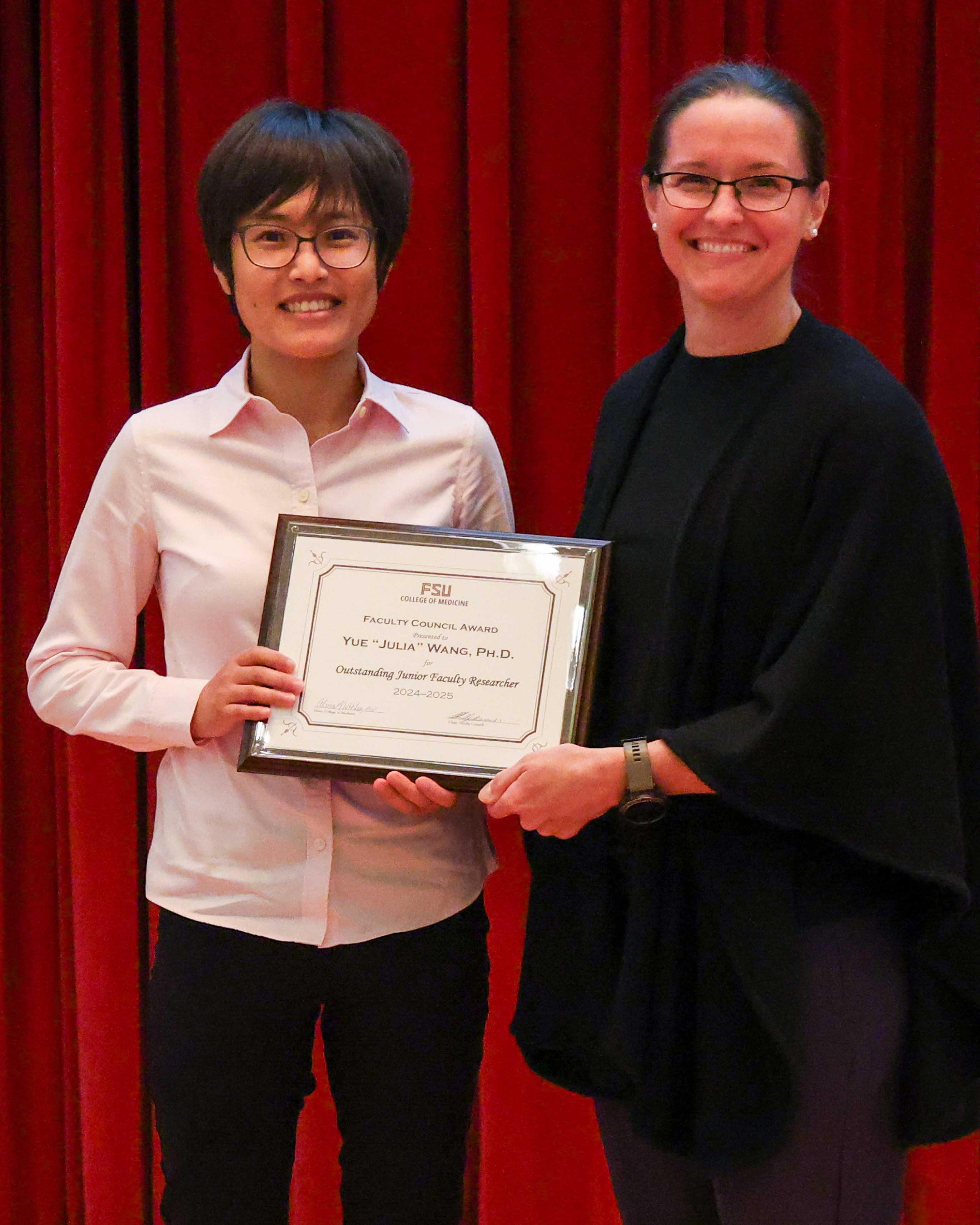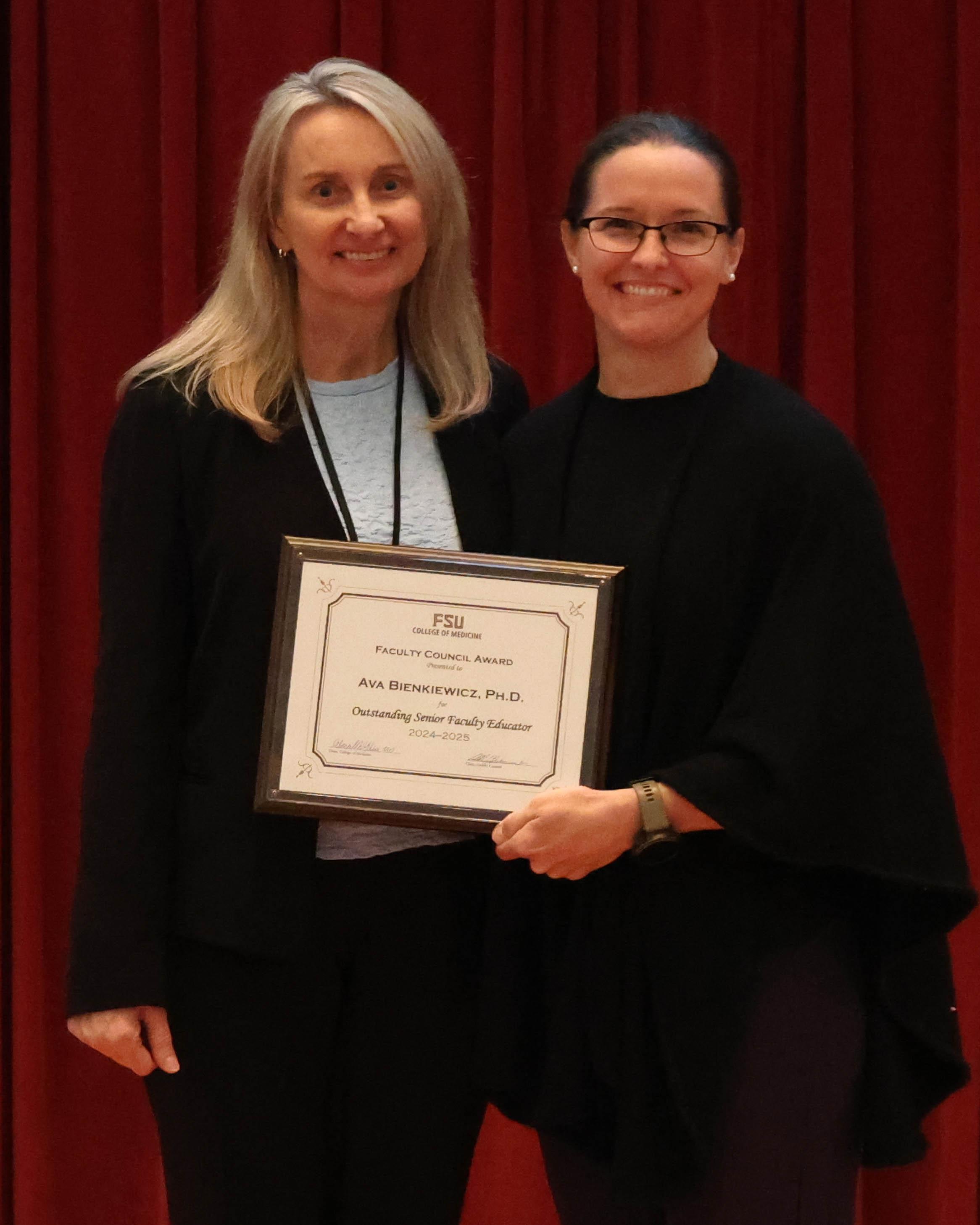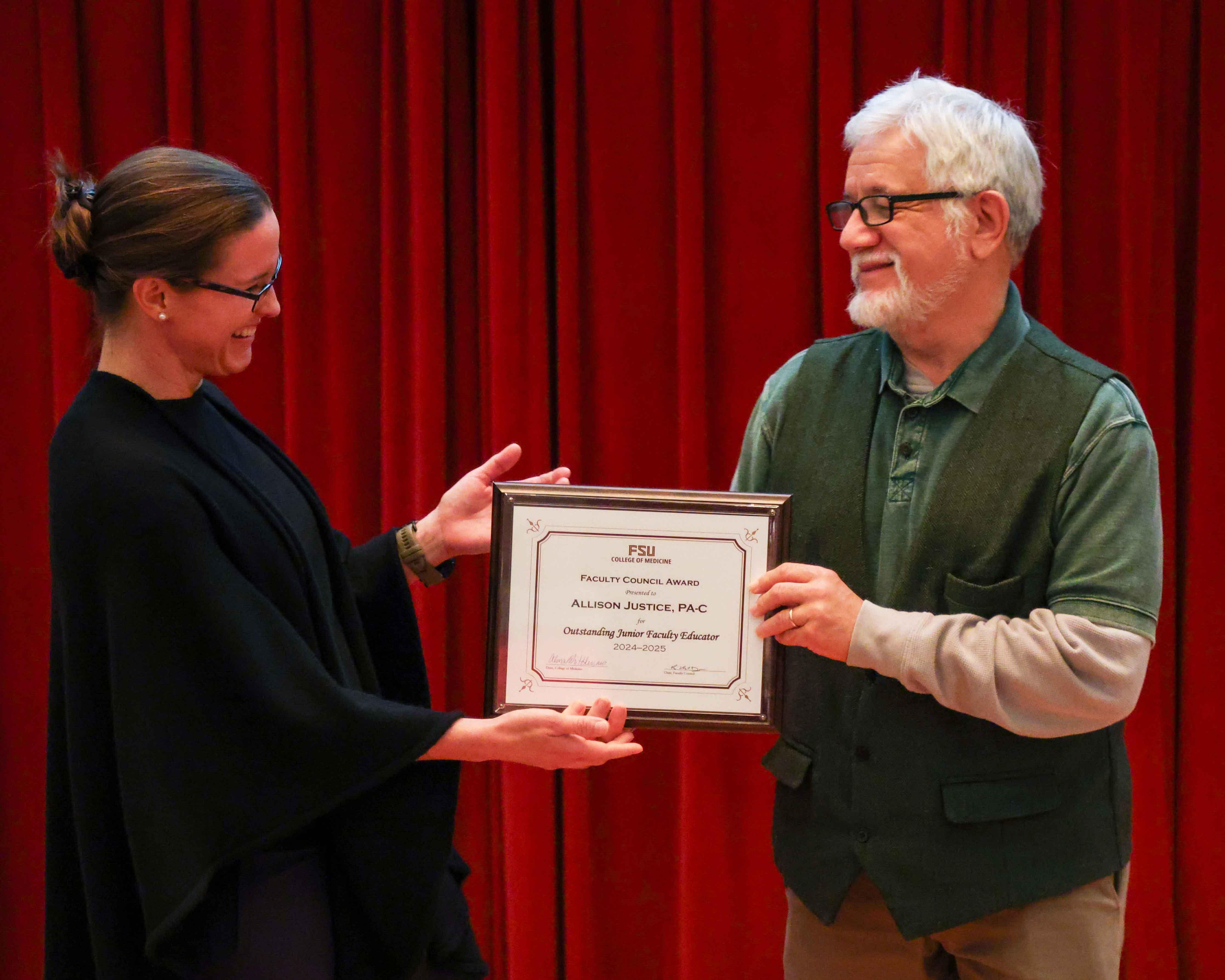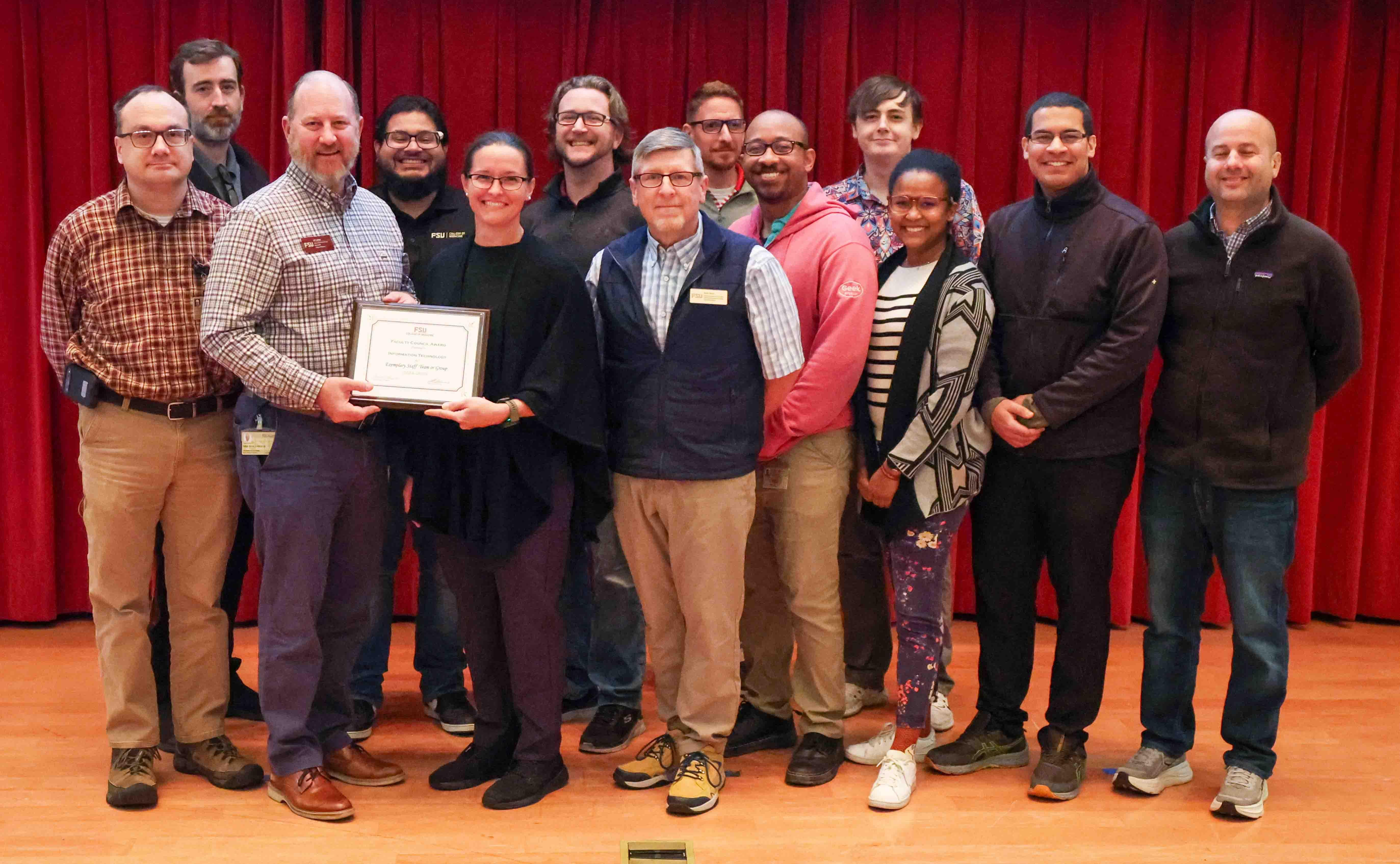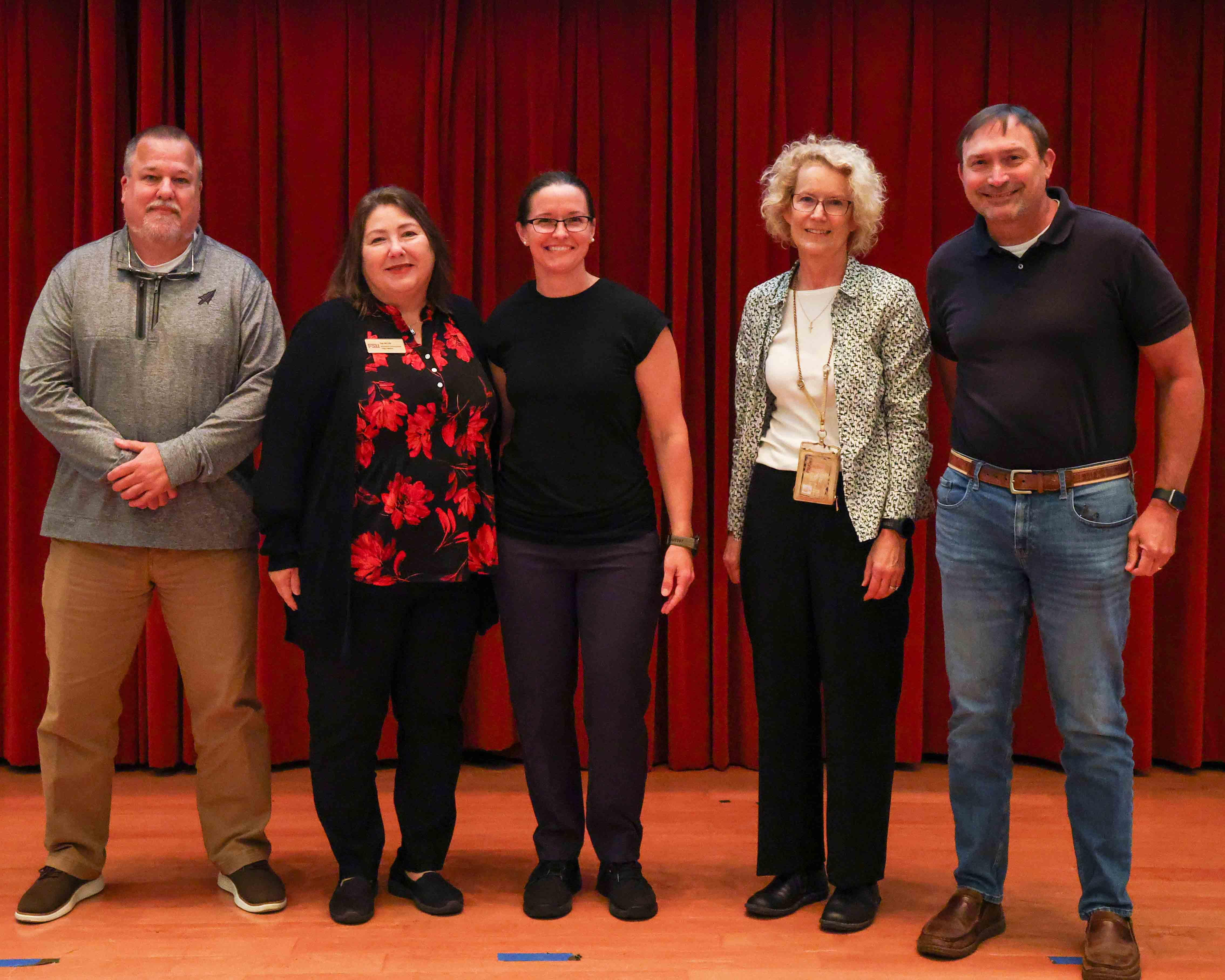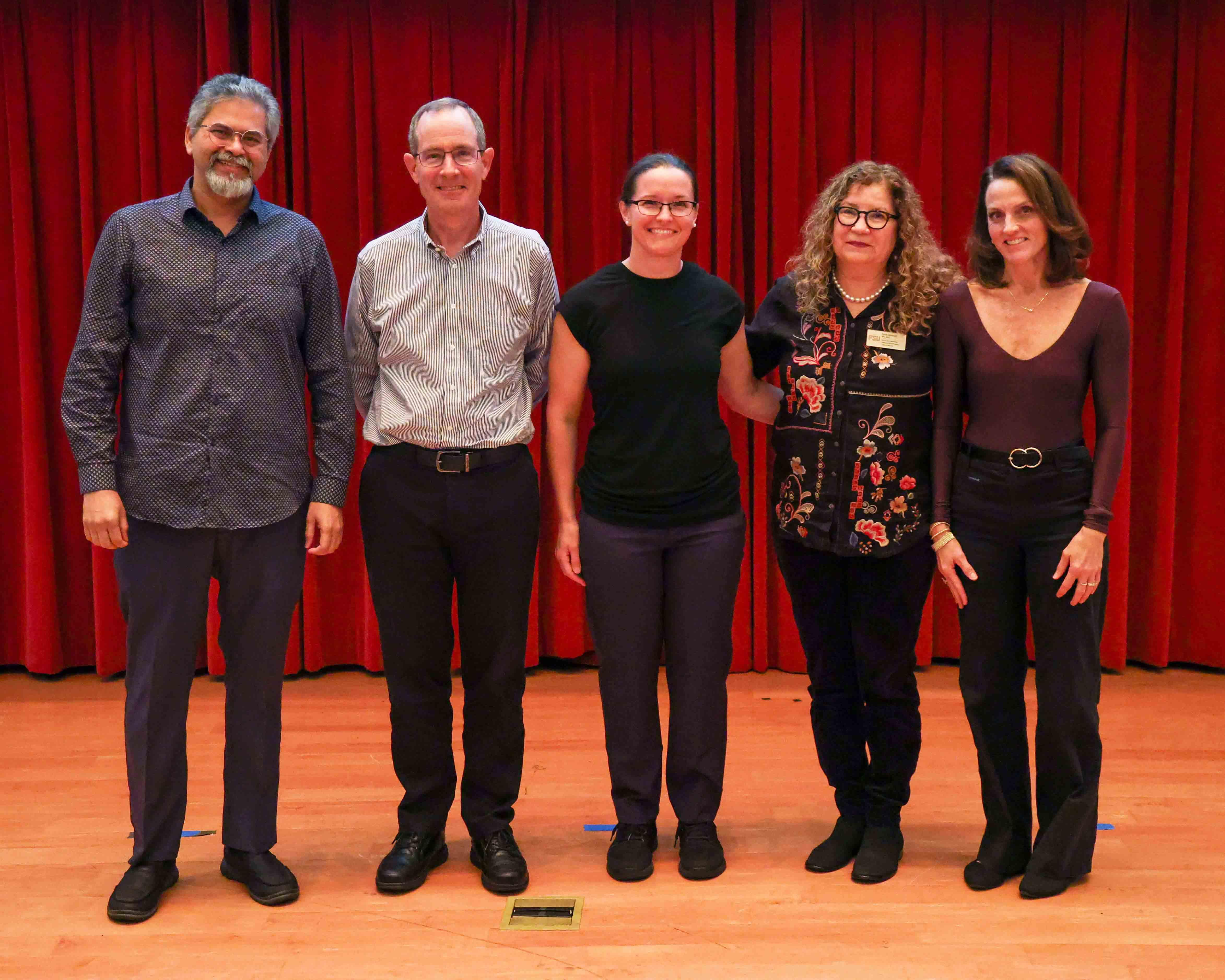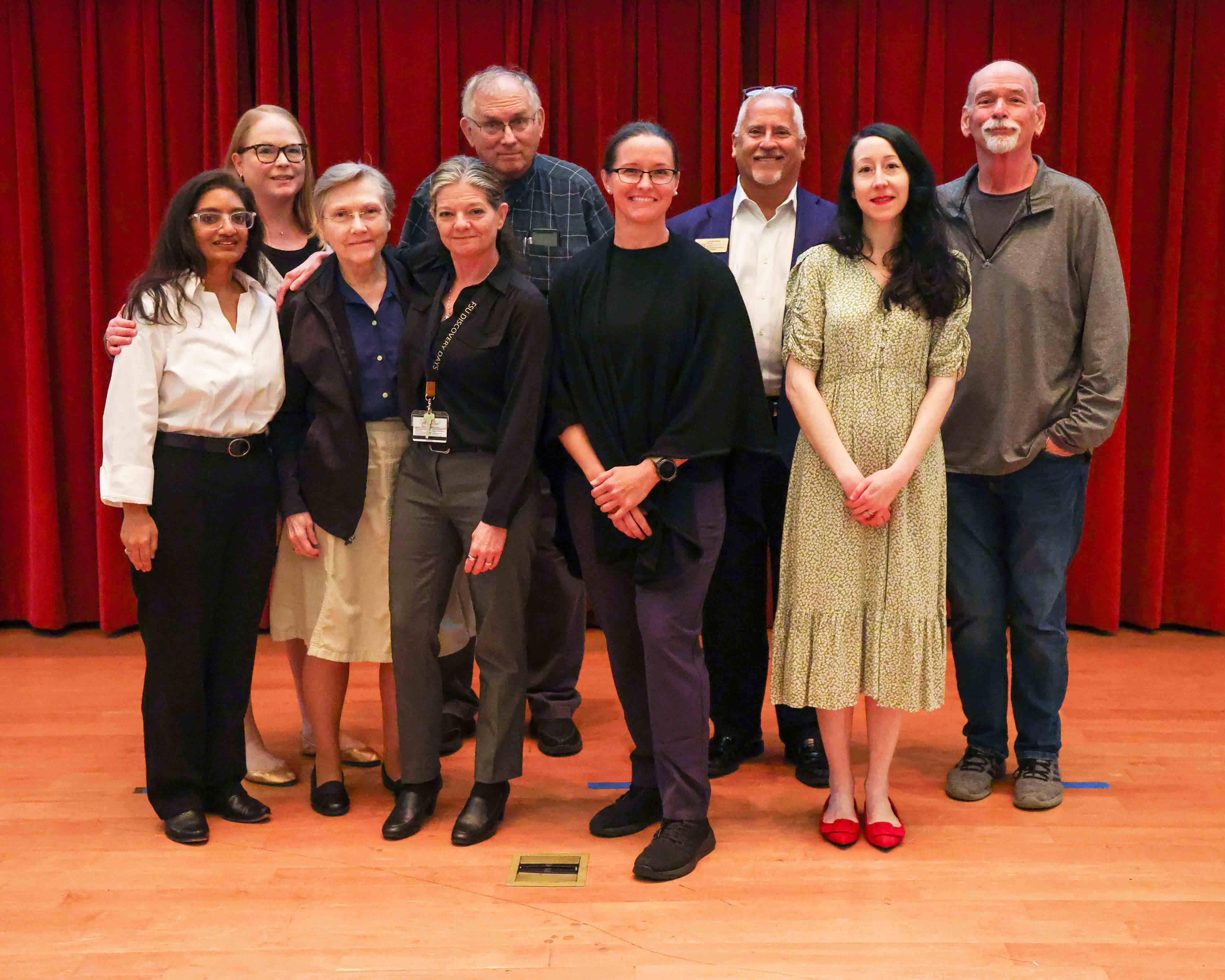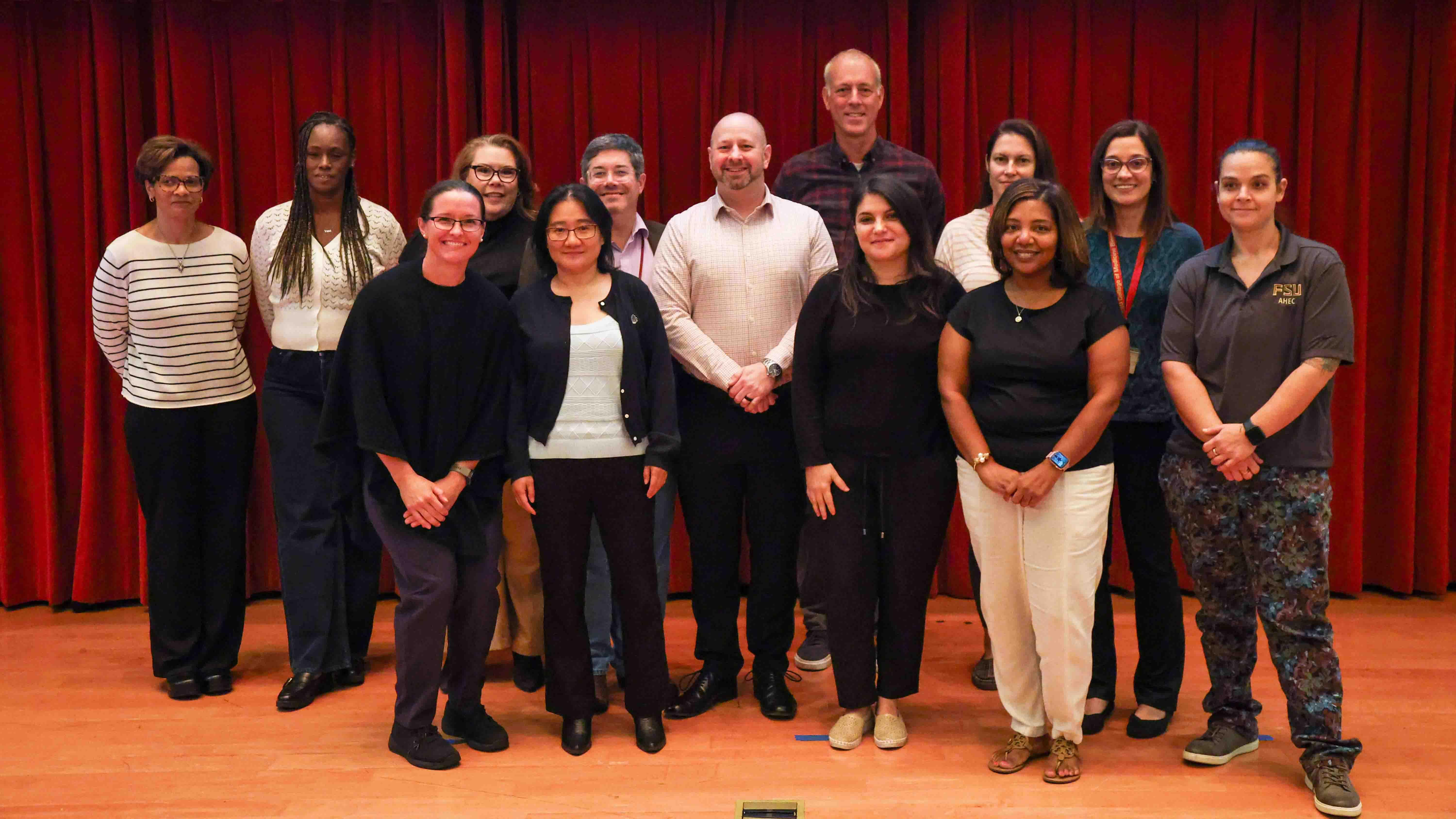TALLAHASSEE, Fla. — Dr. Nora Pepper (Class of 2010), Dr. Brett Howard, (Class of 2012) and Dr. Alex Ho (Class of 2005) were recently elected to leadership roles at Tallahassee Memorial HealthCare. Pepper was elected chair of the hospital’s Medical Executive Committee, and Howard was selected as chair-elect. Ho serves as secretary-treasurer. Howard was also recently appointed chief of surgery. The trio were elected to these posts by TMH’s medical staff, comprised of more than 500 physicians.
“I am always proud of our alumni and even more so when they are chosen to fill such important leadership positions,” said Dr. Alma Littles, dean of the Florida State University College of Medicine. “Our alumni understand the importance of providing exceptional, compassionate patient care, and I am certain this will shine through in their leadership at TMH.”
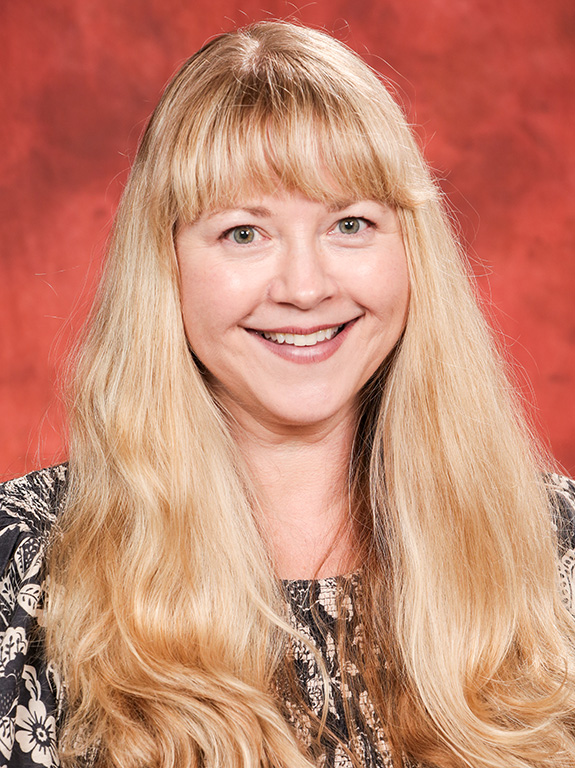 Pepper, a board-certified pediatrician, is also an assistant professor at the College of Medicine. She is serving a one-year term as chair of the TMH Medical Executive Committee until Sept. 30, 2026, after which, Howard will assume the role. The chair of the committee oversees quality of care, enforces policy and acts as the primary liaison between the medical staff and the hospital’s board of trustees, on which they serve as an ex-officio member.
Pepper, a board-certified pediatrician, is also an assistant professor at the College of Medicine. She is serving a one-year term as chair of the TMH Medical Executive Committee until Sept. 30, 2026, after which, Howard will assume the role. The chair of the committee oversees quality of care, enforces policy and acts as the primary liaison between the medical staff and the hospital’s board of trustees, on which they serve as an ex-officio member.
Pepper completed her pediatric residency at Carolinas Medical Center, Charlotte, North Carolina, in 2013, after which she joined Pediatrix Medical Group and served as a pediatric hospitalist at TMH for 11 years. She now serves as a full-time faculty member at the College of Medicine and will lead FSU Health Precision Pediatrics at the Florida Institute for Pediatric Rare Diseases, set to open its Phillips Road facility early next year in Tallahassee. For many years, Pepper has held teaching and mentoring roles at the college.
As chief of surgery, Howard will dedicate approximately 25% of his time to the role while continuing to practice as a surgeon. This new position will allow Howard to remain connected to the daily experiences of the surgical teams while also providing strategic guidance and valuable feedback to advance TMH in patient care, medical staff relationships, colleague engagement and quality achievements.
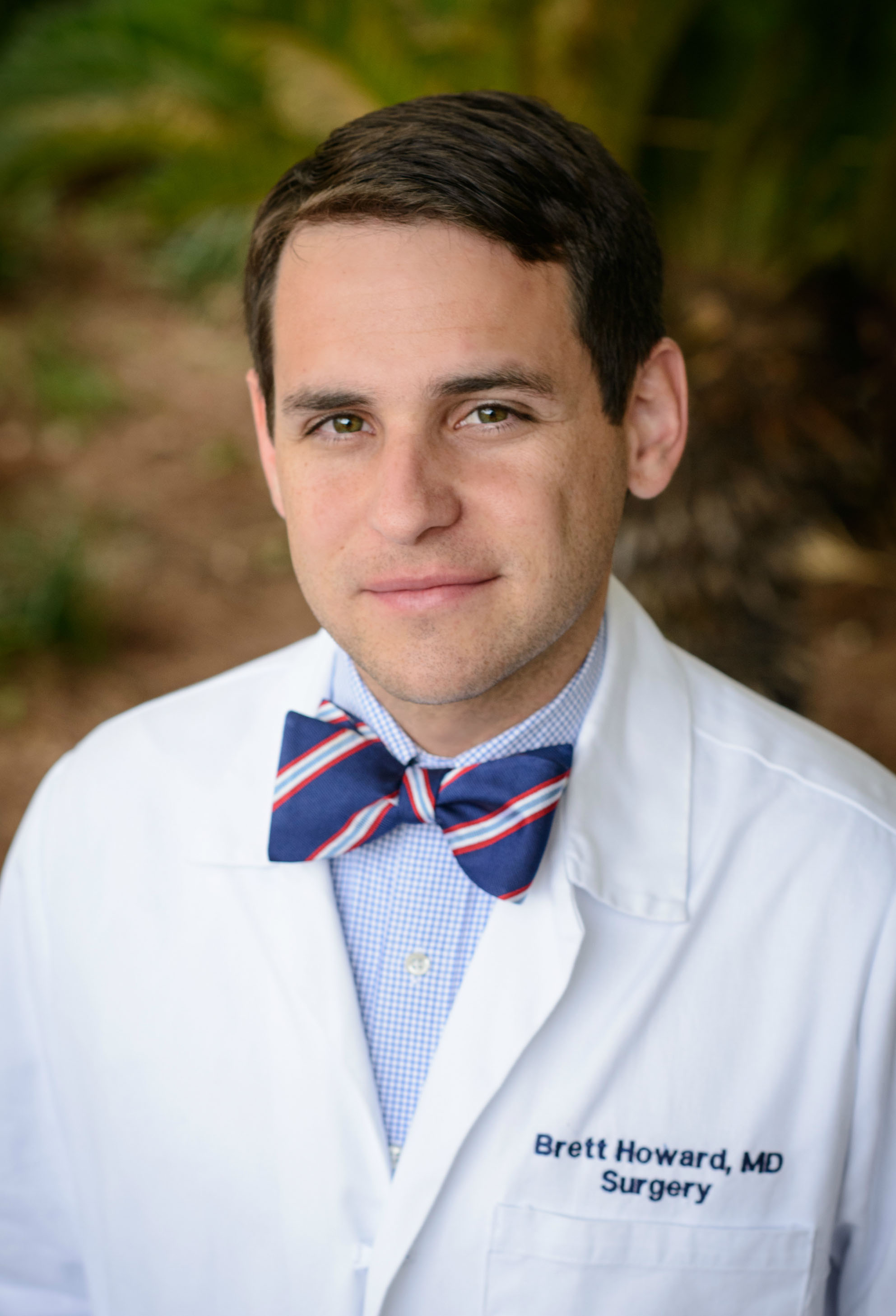 After graduation from the FSU College of Medicine, Howard completed residency at the Medical Center of Central Georgia (Mercer University School of Medicine). He has been a member of TMH’s surgical team since 2017 and serves as associate program director of the FSU/TMH General Surgery Residency Program. Howard is also a Surgeon of Excellence in hernia repair, minimally invasive surgery and robotic surgery at TMH, a credential in specialized surgery validated by the independent, non-profit Surgical Review Corporation that accredits top medical professionals and facilities globally. As a medical student, Howard was nominated by his peers for induction into the Gold Humanism Honor Society for his excellence in clinical care, leadership, compassion and dedication to service. He was also inducted into the Alpha Omega Alpha Honor Society, which recognizes individuals for high attainment and service in medical sciences, patient care and related fields.
After graduation from the FSU College of Medicine, Howard completed residency at the Medical Center of Central Georgia (Mercer University School of Medicine). He has been a member of TMH’s surgical team since 2017 and serves as associate program director of the FSU/TMH General Surgery Residency Program. Howard is also a Surgeon of Excellence in hernia repair, minimally invasive surgery and robotic surgery at TMH, a credential in specialized surgery validated by the independent, non-profit Surgical Review Corporation that accredits top medical professionals and facilities globally. As a medical student, Howard was nominated by his peers for induction into the Gold Humanism Honor Society for his excellence in clinical care, leadership, compassion and dedication to service. He was also inducted into the Alpha Omega Alpha Honor Society, which recognizes individuals for high attainment and service in medical sciences, patient care and related fields.
In addition to practicing emergency medicine at Tallahassee Memorial HealthCare since 2008, Ho serves as an emergency medicine clerkship faculty member for the College of Medicine’s Tallahassee Regional Campus and is the medical director for TMH’s Emergency Services, a post he’s held since 2016. He completed his Emergency Medicine Residency at University of North Carolina Hospitals, Chapel Hill. As a medical student at FSU, Ho was indu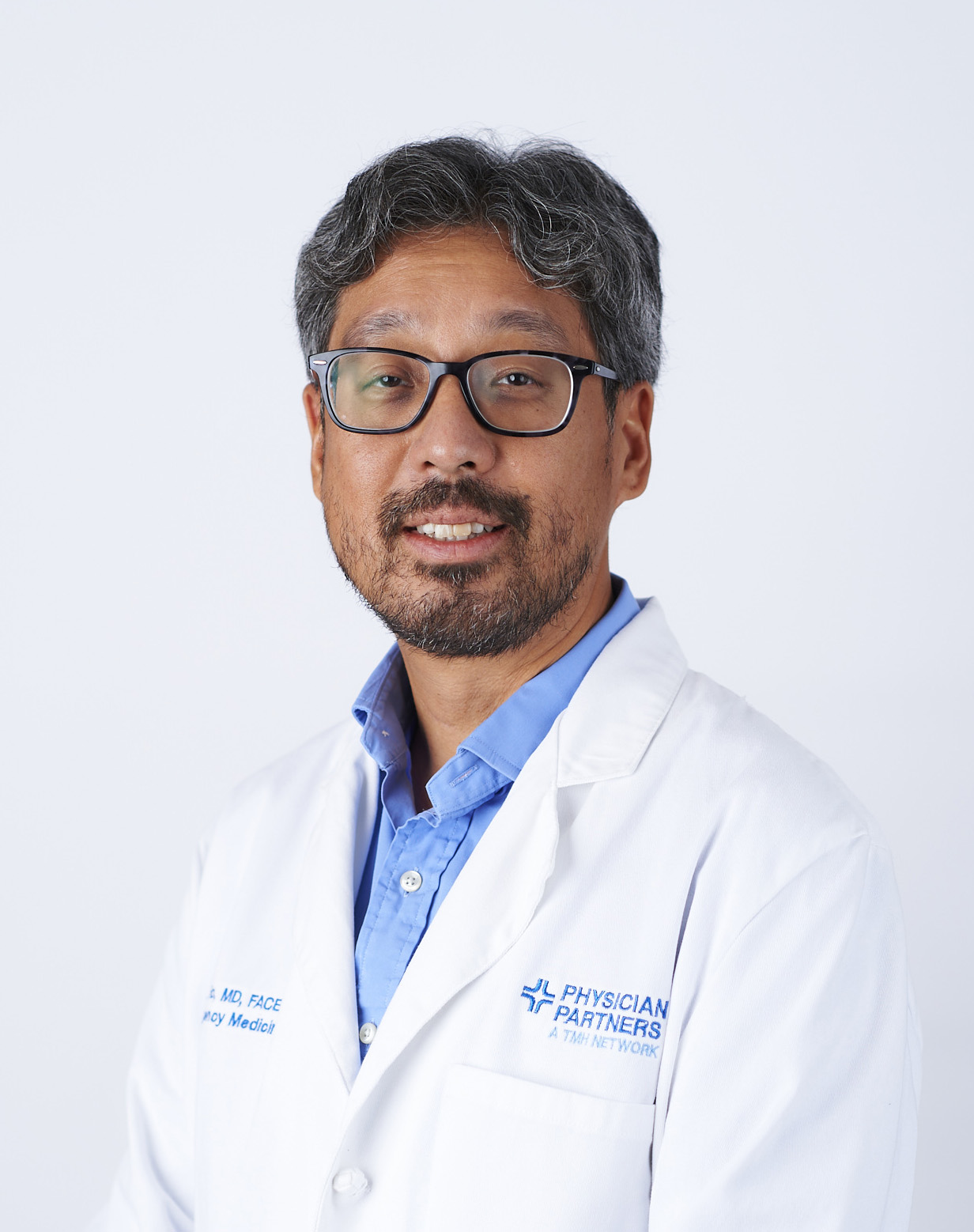 cted into the Alpha Omega Alpha Honor Society and received the FSU College of Medicine’s Mission Model Award in 2012. Ho will serve a one-year term as secretary-treasurer.
cted into the Alpha Omega Alpha Honor Society and received the FSU College of Medicine’s Mission Model Award in 2012. Ho will serve a one-year term as secretary-treasurer.
“We’re thrilled to have such a strong group of physicians at the helm of this committee and know their training with the FSU College of Medicine has prepared them to lead the hospital to enhance quality, innovation, culture and patient safety at TMH,” said Dr. Andrea Friall, TMH’s vice president and chief medical officer.
This year, the college celebrates the 25th anniversary of its establishment by the Florida Legislature, as well as the 20th anniversary of its first graduating M.D. class – the Class of 2005. The college now offers four graduate degrees: M.D., Master of Science in Physician Assistant Practice, Master of Science in Biomedical Sciences, and a Ph.D. in Biomedical Sciences. Combined, the College of Medicine has 2,477 alumni of its graduate programs.
MEDIA CONTACT: Patrick Crowley, FSU College of Medicine
Patrick.Crowley@med.fsu.edu; 850-645-1255


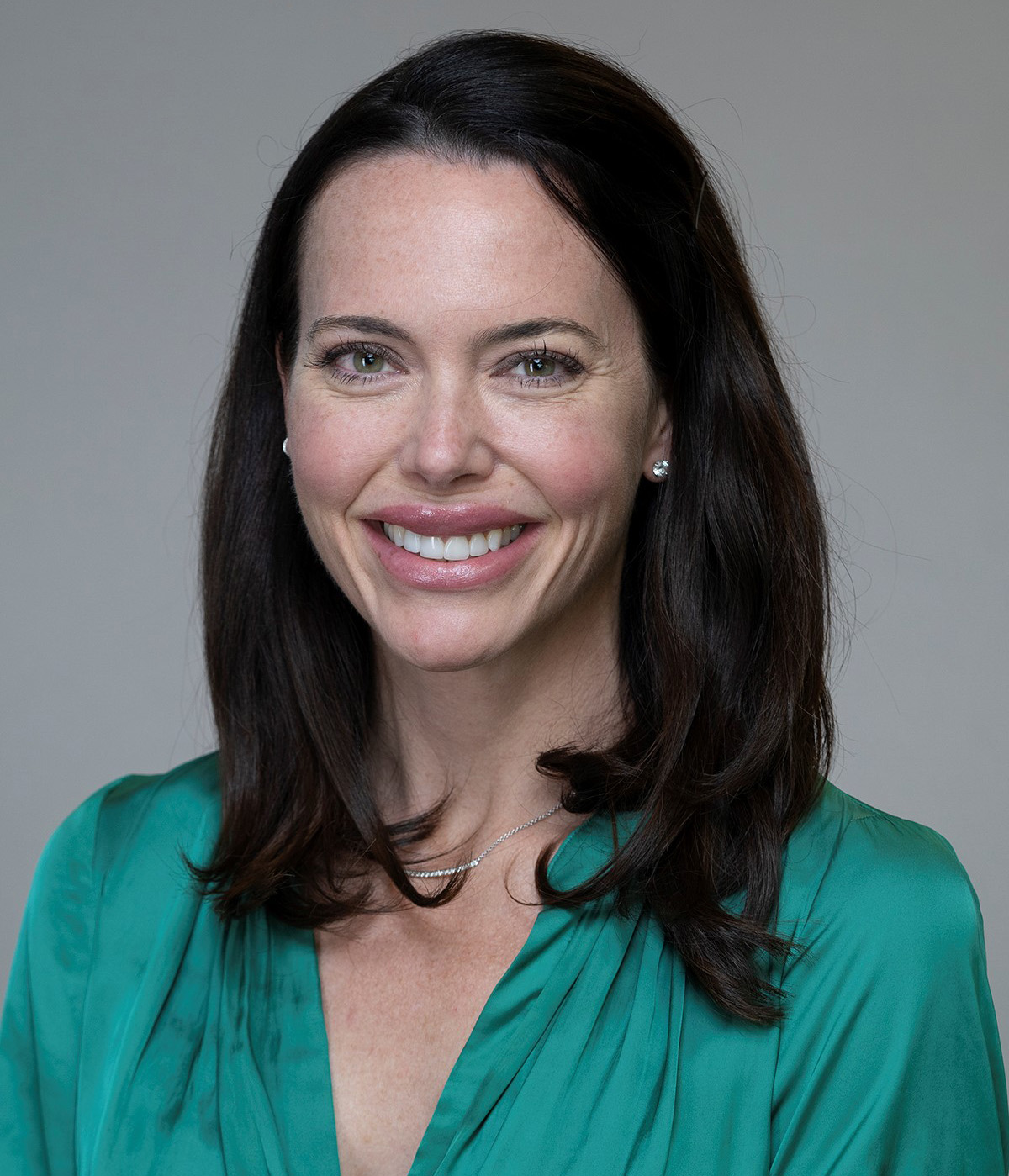 Ashley Mays, M.D., who is currently mentoring two FSU medical students, agrees. She’s an otolaryngologist focused on head and neck cancer surgery and reconstructive plastic surgery at Cleveland Clinic Indian River Hospital in Vero Beach, as well as an FSU clerkship faculty member at the college’s Fort Pierce Regional Campus. Both she and TOC’s Lee had one thing in common as medical school students: an interest in research.
Ashley Mays, M.D., who is currently mentoring two FSU medical students, agrees. She’s an otolaryngologist focused on head and neck cancer surgery and reconstructive plastic surgery at Cleveland Clinic Indian River Hospital in Vero Beach, as well as an FSU clerkship faculty member at the college’s Fort Pierce Regional Campus. Both she and TOC’s Lee had one thing in common as medical school students: an interest in research.